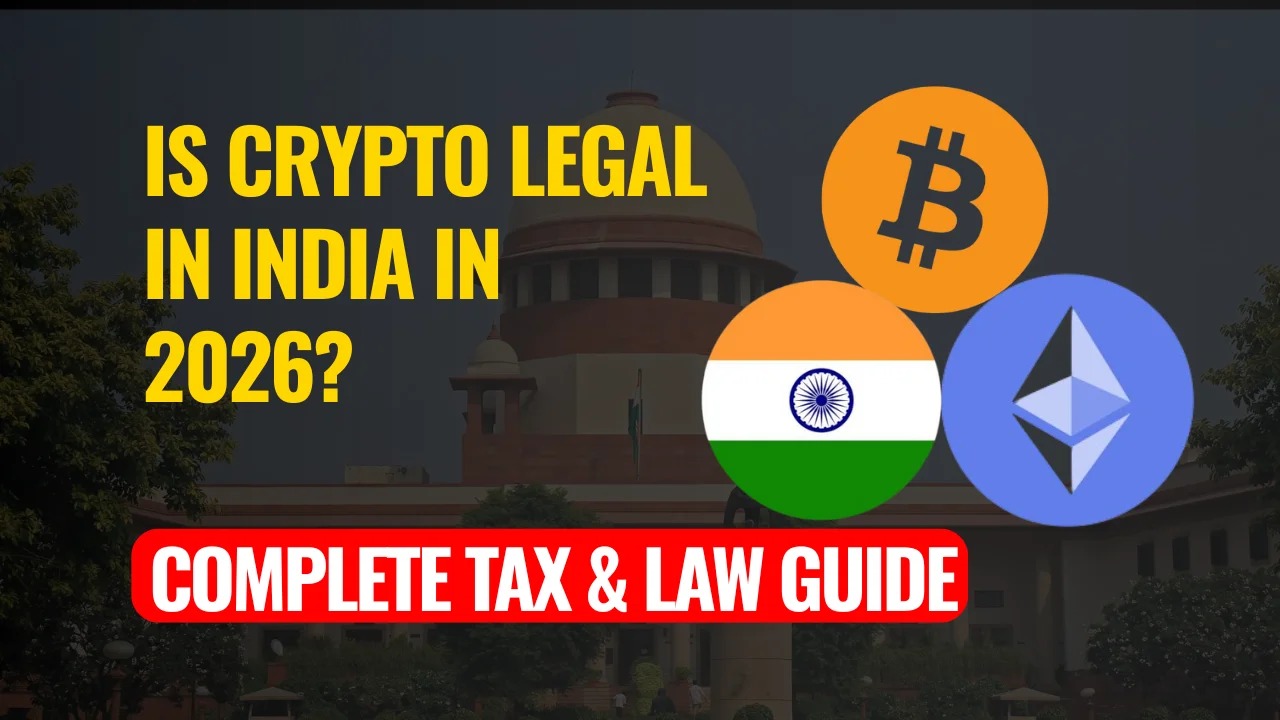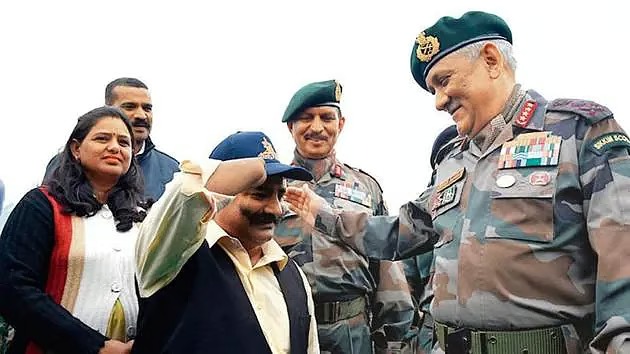@JUDGMENTTAG-ORDER
Shri Kant Tripathi, J.@mdashHeard the learned Counsel for the revisionists and the learned A.G.A. for the Respondent No. 1 and perused the record.
2. With the consent of the learned Counsel for the parties, the instant revision is being disposed of finally at the stage of admission.
3. This is a criminal revision against the order dated 17.7.2010, passed by the Special Judge (appointed under the U.P. Dacoity Affected Areas Act), Jhansi in Special Case No. 99 of 2009 Smt. Savitri Devi v. Deo Singh and Ors. under Sections 395, 452, 427, 504 and 506, I.P.C., police station Samthar, district Jhansi, whereby the learned Special Judge refused to discharge the revisionists.
4. The learned Counsel for the revisionists submitted that the trial instituted before the Special Court relates to a scheduled offence as defined u/s 2(b) of the Uttar Pradesh Dacoity Affected Areas Act, (in short ''the Act''). Therefore, the Special Judge should have proceeded to hold the trial in accordance with Section 7(2) of the Act, according to which the trial of a scheduled offence, so far as may be, should be held according to the procedures prescribed by the Code of Criminal Procedure (in short ''the Code''), for trial of sessions-case. It was further submitted that the Special Court had no doubt powers to perform the functions of a Magistrate u/s 207 of the Code and also to proceed with the trial without the case having been committed to the court of session but in view of the special provision, so provided in Section 7 of the Act, the learned Special Judge committed material procedural error in considering the discharge application u/s 245(2) of the Code. The discharge prayer ought to have been considered in accordance with Section 227 of the Code. This submission seems to have much substance.
5. It appears that the learned Special Judge heard and disposed of the application for discharge under the direction dated 16.3.2002 given by this Court in Application (under Section 482, Code of Criminal Procedure) No. 8266/2010, by which this Court required the Special Judge to consider the prayer of discharge u/s 245(2) of the Code, Therefore, for the aforesaid procedural error, the trial court cannot be held responsible.
6. The revisionists have been summoned for the offences under Sections 395, 452, 427, 504 and 506, I.P.C. Admittedly the offence u/s 395, I.P.C. is a scheduled offence within the meaning of Section 2(b) of the Act. In normal course the said offence is triable exclusively by the court of session, therefore, the procedure prescribed for trial of the sessions-cases, in view of Section 7 of the Act, was required to be followed by the Special Judge. Other offences punishable under Sections 427, 452, 504 and 506, I.P.C. are alleged to have been committed in the same transaction in one incident, therefore, the trial in regard to these offences was also required to be held alongwith the trial of the offence punishable u/s 395, I.P.C. Therefore, all the offences were required to be tried as a sessions-case and as such the procedure prescribed for trial of sessions-case was applicable and the question of discharge was also required to be considered according to the provisions of Section 227 of the Code.
7. It is true that the Special Judge has power u/s 7(1) of the Act to take cognizance of a scheduled offence even upon a complaint. In that eventuality he has to observe the procedure prescribed under Chapter XV of the Code, and before passing a summoning order, to examine the complainant and witnesses, if any, u/s 200 of the Code and if considered necessary, may also hold an inquiry u/s 202 of the Code. On the basis of the materials so collected, the Special Judge has power, to summon the accused, and, if no case is made out, to dismiss the complaint. On appearance of the accused in pursuance of the summoning order, the Special Judge has to proceed with the matter as a sessions case and follow the procedure prescribed for trial of sessions cases. In view of this, the question of adopting the procedure prescribed for trial of a warrant case instituted on a complaint and also the question of discharging the accused u/s 245(2) of the Code or taking of evidence u/s 244 of the Code does not arise. In such cases, the prayer for discharge has to be considered in accordance with Section 227 of the Code.
8. It may also be mentioned that the parameter prescribed for discharge of an accused u/s 245(2) of the Code is quite different from the parameter prescribed for discharge u/s 227 of the Code. u/s 245(2) of the Code, an accused is discharged, if the charge is groundless, whereas u/s 227 of the Code the accused is discharged only when it is shown that there is no sufficient ground for proceeding against the accused. In this view of the matter the order refusing to discharge the accused u/s 245(2) of the Code cannot be treated to be an order u/s 227 of the Code. Therefore, the discharge prayer of the revisionist is required to be reconsidered in the light of the yardstick laid down in Section 227 of the Code.
9. The revision is allowed. The order dated 17.7.2010 is quashed. The learned Special Judge is directed to reconsider the discharge application in the light of the observations made hereinbefore and pass a fresh order in accordance with law.

